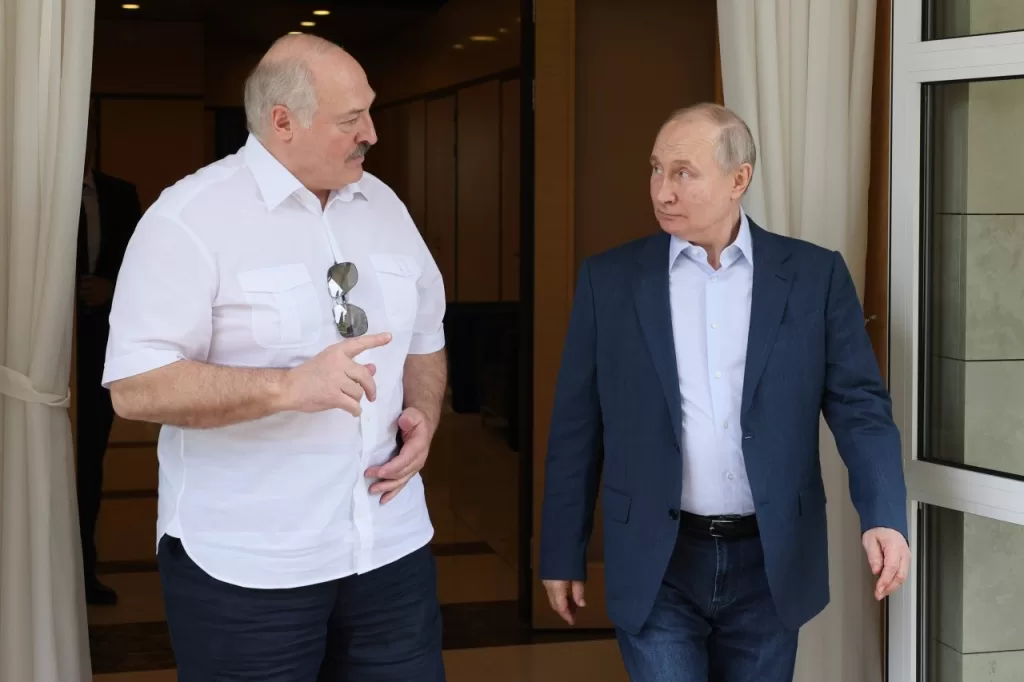Quick Bytes
- Russia targets Ukrainian identity, culture, and education in its ongoing conflict.
- Over 700,000 Ukrainian children forcibly transferred to Russia for “reeducation.”
- Belarus collaborates with Russia, hosting deported Ukrainian children for military-style training.
- International Criminal Court issues arrest warrants for Putin and Russian officials over war crimes.
Understanding Russia’s Assault on Ukrainian Identity
Russia’s aggression towards Ukraine extends beyond military conflict, aiming to dismantle Ukrainian identity and culture. Since the onset of the conflict, Russia has systematically attacked Ukrainian educational institutions, with over 350 documented strikes, disrupting the country’s education system. Cultural heritage sites, including those under UNESCO protection, have also been targeted, with Russian forces destroying Ukrainian language books and ceasing Ukrainian language instruction in schools.
The Plight of Ukrainian Children
In a disturbing development, Russia has forcibly relocated more than 700,000 Ukrainian children to its territory, subjecting them to “reeducation” camps. These camps are designed to instill pro-Russian sentiment and erase Ukrainian national identity, a violation of international laws of armed conflict. Belarus, under Alexander Lukashenko, has been complicit in these actions, deporting children from Ukraine and subjecting them to military-style training, potentially to fight against their own country.
International Response
The international community, including the Council of Europe, has condemned these actions, with some labeling them as genocidal. The International Criminal Court has gone further, issuing arrest warrants for Russian President Vladimir Putin and other officials for the wartime transfer of children. While these measures have had some impact, Belarus has yet to face significant consequences for its role in supporting Russia’s actions against Ukraine.
As the war on Ukrainian identity escalates, there is a growing need for the international response to broaden and target enablers like Belarus, sending a clear message that support for Russia’s actions will not go unpunished.



